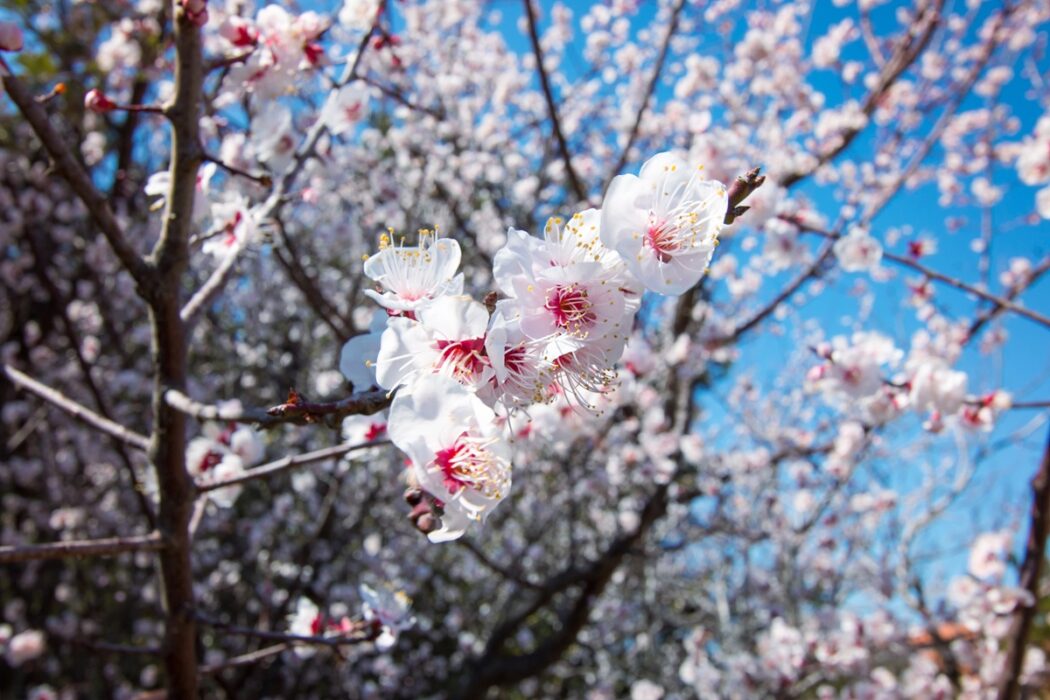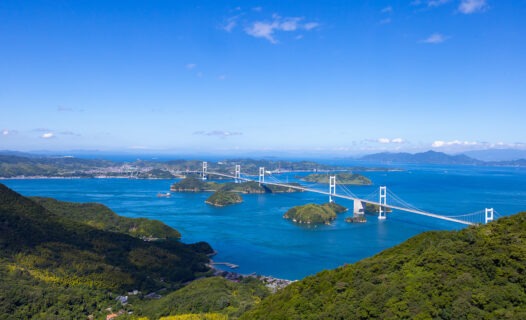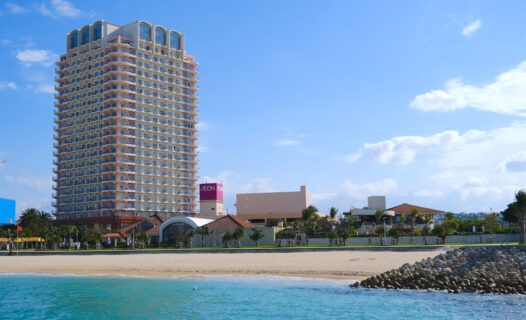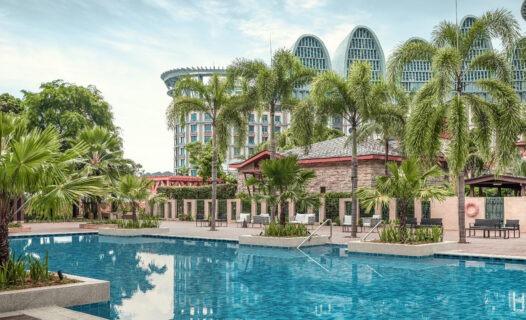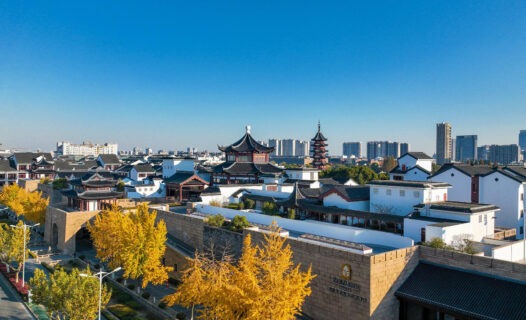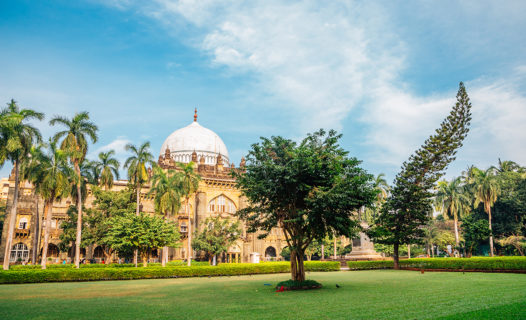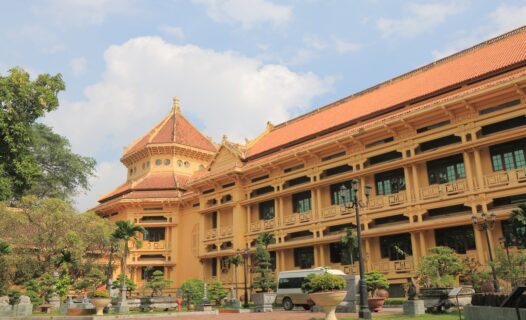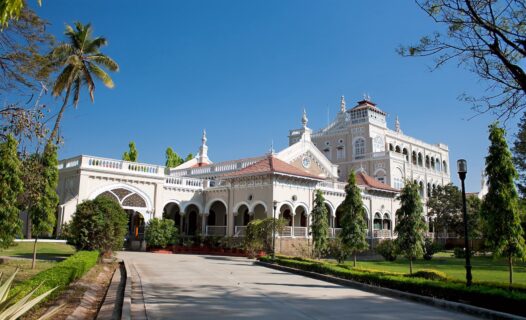Welcome to Jeju Island: A Seasonal Paradise
Jeju Island, a stunning gem off the southern coast of South Korea, is a must-visit destination that shines brightly in every season. Whether you’re drawn to its unique festivals, mouthwatering culinary scene, or exhilarating outdoor activities, Jeju has something for everyone. Imagine strolling through vibrant flower festivals in spring, savoring fresh seafood in summer, enjoying the breathtaking autumn foliage, or witnessing the magical sunrise on a winter morning. This Jeju Island travel guide will take you through the island’s seasonal highlights, ensuring you don’t miss out on any of the fun!
Discover Jeju Island’s Seasonal Festivals: A Celebration for Every Month
Jeju Island is known for its lively festivals that celebrate the island’s rich culture and natural beauty. Each month brings a new opportunity to experience the island’s vibrant spirit, and the festival calendar is packed with exciting events. Here’s a peek at what you can look forward to throughout the year:
Spring Festivals
Spring is a magical time in Jeju, as the island bursts into a riot of colors with blooming flowers. Major festivals during this season include:
- Cherry Blossom Festival: Typically held in early April, this festival transforms Jeju into a pink wonderland as cherry blossoms bloom across the island.
- Canola Flower Festival: Taking place in mid-April, the fields of bright yellow canola flowers create a stunning backdrop for various cultural performances and activities.
- Hallim Park Tulip Festival: From late April to early May, Hallim Park showcases thousands of tulips in every imaginable color, attracting visitors from all over.
Summer Celebrations
As the sun shines brighter, Jeju welcomes the Jeju International Wind Ensemble Festival in July. This musical extravaganza features talented musicians from around the world, filling the air with enchanting melodies. It’s a perfect time to enjoy outdoor concerts and soak up the lively atmosphere.
Autumn Events
Autumn paints Jeju in warm hues, making it an ideal season for cultural celebrations. The Tamna Cultural Festival in October celebrates the island’s heritage with traditional performances, food stalls, and local crafts. Just as exciting is the Jeju Fire Festival, usually held in late February, where locals and visitors gather to watch spectacular fire shows and participate in traditional games.
Winter Festivities
Winter on Jeju Island is serene and beautiful, highlighted by the Seongsan Sunrise Festival on New Year’s Day. Visitors flock to Seongsan Ilchulbong (Sunrise Peak) to witness the first sunrise of the year, a breathtaking sight that promises good fortune. The festive spirit continues with various New Year celebrations throughout the island.
Mark your calendars for 2025 to experience these incredible Jeju seasonal festivals. Each event not only showcases the island’s culture but also brings communities together in celebration, making it a perfect time to visit.
Culinary Adventures: Savoring Jeju’s Local Cuisine
What better way to experience Jeju than through its delectable cuisine? The island is famous for its fresh seafood and unique dishes that are a feast for the senses. Here are some must-try culinary delights:
Signature Dishes
- Black Pork BBQ: Jeju’s black pork is renowned for its rich flavor and tenderness. Enjoy a sizzling BBQ experience at local restaurants, where you can grill your meat right at the table.
- Haemul Jjigae: This hearty seafood stew is packed with fresh ingredients, including clams, shrimp, and fish, making it a comforting choice for chilly evenings.
- Jeju Tangerines: Sweet and juicy, these tangerines are a local favorite. Don’t forget to grab some as a snack or souvenir!
Street Food Delights
During festivals, local markets come alive with food stalls offering an array of street food. Indulge in hotteok (sweet pancakes), odeng (fish cake skewers), and tteokbokki (spicy rice cakes) while enjoying the festive atmosphere. For a hands-on experience, consider joining a culinary workshop or cooking class available during festivals to learn how to prepare these delicious dishes yourself!
Outdoor Fun: Adventure Activities for Every Season
For those who crave adventure, Jeju Island is a playground offering a plethora of outdoor activities. From hiking to water sports, there’s no shortage of excitement!
Hiking Trails
Spring and autumn are perfect for hiking the breathtaking trails of Hallasan, South Korea’s highest mountain. The views from the summit are nothing short of spectacular, especially when the wildflowers are in bloom or the autumn leaves are ablaze with color. Another must-visit is Seongsan Ilchulbong, where a moderate hike rewards you with stunning views of the sunrise.
Water Sports
Summer is all about fun in the sun! Jeju’s pristine beaches offer fantastic opportunities for snorkeling and scuba diving. Explore vibrant coral reefs and marine life at popular spots like Hyeopjae Beach or Jungmun Beach. Whether you’re a seasoned pro or a beginner, the warm waters of Jeju are perfect for water adventures.
Jeju Island is a destination that truly caters to every interest and season. With its festivals, food, and outdoor activities, it promises an unforgettable experience that will leave you wanting more!
A Day-by-Day Itinerary: Maximizing Your Jeju Experience
Planning your trip to Jeju Island? Look no further! Here’s a detailed itinerary that helps you make the most of your time while experiencing the island’s festivals, food, and outdoor activities. Whether you’re traveling solo, with friends, or as a family, this guide ensures you won’t miss out on the highlights!
Day 1: Arrival and Local Market Exploration
Welcome to Jeju! After checking into your hotel, kick off your adventure by exploring one of the local markets. Dongmun Market is a fantastic place to start. Here, you can sample local delicacies, shop for souvenirs, and soak in the lively atmosphere. Don’t forget to try some hotteok (sweet pancakes) or odeng (fish cake skewers) from the street vendors. As the sun sets, enjoy a delicious dinner featuring Jeju’s famous black pork BBQ at a nearby restaurant.
Day 2: Festival Attendance and Cultural Experiences
Start your day with a hearty breakfast of haemul jjigae (seafood stew) before heading to a seasonal festival. If you’re visiting in April, the Cherry Blossom Festival is a must-see. Stroll through the stunning pink blossoms and indulge in festival activities like traditional music performances and local crafts. In the evening, take part in a cooking class to learn how to prepare Jeju’s iconic dishes, making your culinary experience even more memorable.
Day 3: Outdoor Adventures and Dining at Top Restaurants
Get ready for an adventure! Spend your morning hiking up Hallasan, where the trails are alive with wildflowers in spring or vibrant leaves in autumn. The breathtaking views from the summit are worth the effort! After your hike, treat yourself to a meal at one of Jeju’s top restaurants, where you can savor fresh seafood caught that day. Later, head to Hyeopjae Beach for some relaxation time by the ocean.
Day 4: Sightseeing and Hidden Gems
Today is all about exploring Jeju’s hidden gems. Visit the Jeju Stone Park, where you can learn about the island’s unique geology and folklore. Afterward, make your way to Seongsan Ilchulbong (Sunrise Peak) for a moderate hike that rewards you with stunning views of the coastline. As the day winds down, enjoy a sunset dinner at a seaside restaurant, soaking in the picturesque views.
Day 5: Relaxation and Wellness Retreats
After an action-packed few days, take this day to unwind. Book a wellness retreat at one of Jeju’s luxurious spas, where you can indulge in traditional Korean treatments. Spend your afternoon at a local tea house, sipping on refreshing Jeju tangerine tea. In the evening, stroll through the tranquil Cheonjeyeon Waterfalls and enjoy the serene atmosphere before heading back to your hotel.
Fun Facts About Jeju Island: Quirky Tidbits and Hidden Gems
Jeju Island is brimming with fascinating facts that add to its charm. Did you know that Jeju is home to over 360 volcanic cones? These stunning geological formations are perfect for hiking and exploring. Also, the island has a unique matriarchal culture, where women known as haenyeo dive into the ocean to catch seafood. Their remarkable skills have been recognized by UNESCO!
Another quirky tidbit is that Jeju is known for its “tangerine orchards,” and the sweet, juicy tangerines are a local favorite. Make sure to grab a few as souvenirs! And if you’re a fan of unique attractions, don’t miss the Love Land theme park, which features sculptures and art dedicated to love and sexuality, making for a fun and lighthearted visit.
Cultural Context and Folklore: The Heartbeat of Jeju
Jeju Island is steeped in rich history and folklore that shapes its cultural landscape. The island is often referred to as “the island of the Gods,” and it’s said that every stone and mountain has its own spirit. Festivals play a vital role in preserving these traditions, with many events featuring traditional music, dance, and crafts that reflect Jeju’s cultural heritage.
One of the most captivating legends is the story of the Seven Princesses, who are believed to have descended from the heavens to protect the island. These tales are often shared during festivals, adding a magical touch to the celebrations. Engaging with these stories during your visit will deepen your appreciation for Jeju’s vibrant culture.
Practical Information for Travelers: Tips for a Smooth Visit
Before you set off on your Jeju adventure, here are some essential travel tips to keep in mind:
Transportation
Getting around Jeju is a breeze! The island has a reliable bus system that connects major attractions, and renting a car is also a popular option for those who prefer flexibility. If you’re visiting during peak festival times, consider using public transportation to avoid traffic and parking hassles.
Safety Guidelines
Jeju is generally safe for tourists, but it’s always wise to take standard precautions. Keep your belongings secure, especially in crowded areas during festivals. Familiarize yourself with local customs, and don’t hesitate to ask locals for help or recommendations—they’re known for their warmth and hospitality!
Festival Crowds
Festivals can attract large crowds, so plan your visits accordingly. Arrive early to secure good viewing spots, and consider visiting on weekdays if possible. This way, you can enjoy the festivities without feeling overwhelmed.
Sustainability and Conservation: Protecting Jeju’s Natural Beauty
Jeju Island is not just a feast for the eyes; it’s also a sanctuary for nature lovers. As tourism grows, so does the importance of sustainable practices. Many local businesses are committed to eco-friendly initiatives, from reducing plastic waste to promoting conservation efforts.
When attending festivals, look for vendors who prioritize sustainability, and consider participating in beach clean-ups or tree-planting events. By supporting these initiatives, you can help preserve Jeju’s breathtaking landscapes for future generations.
Shopping Guide: Souvenirs and Local Markets
No trip to Jeju is complete without a little shopping! The island boasts a variety of local markets where you can find unique souvenirs and artisanal products. Jeju Folk Village Market is a great spot to pick up handmade crafts, traditional snacks, and local produce.
For something truly special, look for Jeju’s famous green tea products or tangerine-infused treats to bring home. And if you’re visiting during a festival, don’t miss the pop-up stalls that offer limited-edition items and local delicacies!
Seasonal Travel Insights: Best Times to Visit Jeju
Jeju Island is a year-round destination, but each season offers a unique experience. Here’s a quick breakdown:
- Spring (March to May): Perfect for cherry blossoms and vibrant flower festivals.
- Summer (June to August): Ideal for beach activities and water sports, with lively summer festivals.
- Autumn (September to November): Enjoy stunning fall foliage and cultural events like the Tamna Cultural Festival.
- Winter (December to February): Experience the serene beauty of the island and the magical Seongsan Sunrise Festival.
Plan your visit around these seasonal highlights to make the most of your Jeju adventure!
Commonly Asked Questions (FAQs): Your Jeju Queries Answered
Here are some common questions travelers have about visiting Jeju Island:
What are the must-see attractions in Jeju?
Don’t miss iconic spots like Hallasan Mountain, Seongsan Ilchulbong, and Jeongbang Waterfall. Each location offers stunning views and unique experiences!
Are there any local customs I should be aware of?
Yes! It’s customary to bow slightly when greeting someone, and showing respect for local traditions is appreciated. Always ask before taking photos of people or private properties.
What’s the best way to experience Jeju’s festivals?
Immerse yourself in the local culture by participating in activities, trying traditional foods, and engaging with locals. Arriving early will give you a chance to explore and enjoy the festivities at a leisurely pace.
Transportation Details: Getting Around Jeju Island
Getting around Jeju Island is easy and convenient! Here’s what you need to know:
Public Transportation
The local bus system is extensive and covers most tourist attractions. Buses are affordable and run frequently, making them a great option for budget travelers.
Car Rentals
For those who prefer more flexibility, renting a car is a popular choice. Numerous rental agencies are available at the airport and throughout the island. Just remember to drive on the right side of the road!
Taxis
Taxis are widely available and can be a convenient option for short distances or late-night returns from festivals. Just be sure to have your destination written down in Korean to show the driver.
Safety and Health Guidelines: Ensuring a Worry-Free Visit
Traveling to Jeju Island is generally safe, but here are some health and safety tips to keep in mind:
Health Precautions
Make sure to stay hydrated, especially during the summer months. If you have any allergies, carry your medication, as some local dishes may contain ingredients you’re unfamiliar with.
Emergency Contacts
Familiarize yourself with local emergency numbers, such as 119 for fire and medical emergencies. Most tourist areas have English-speaking staff, so don’t hesitate to ask for assistance if needed.
Conclusion
Jeju Island is a captivating destination that combines stunning natural beauty, rich cultural experiences, and delicious cuisine. With its vibrant festivals, outdoor adventures, and welcoming locals, it promises an unforgettable getaway. Whether you’re soaking in the spring blooms, enjoying summer beach days, marveling at autumn colors, or witnessing winter sunrises, Jeju is a treasure waiting to be explored. Start planning your trip today and get ready for an adventure that will leave you with memories to cherish for a lifetime!

